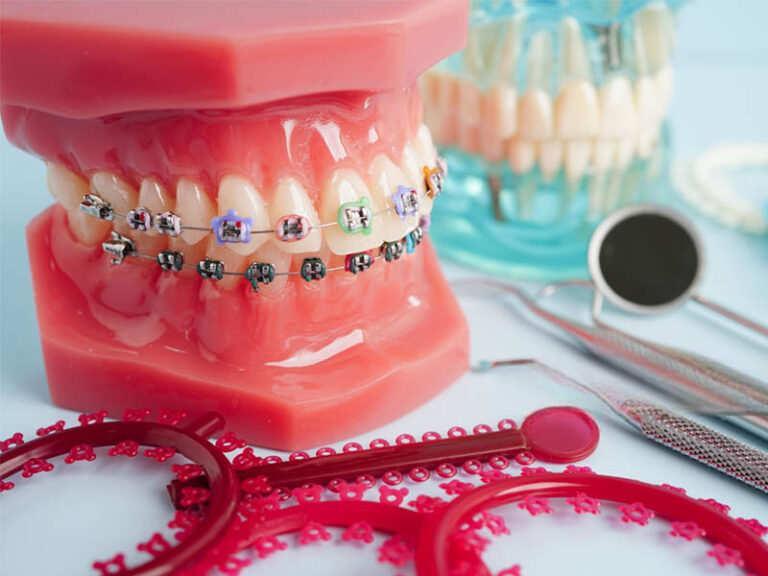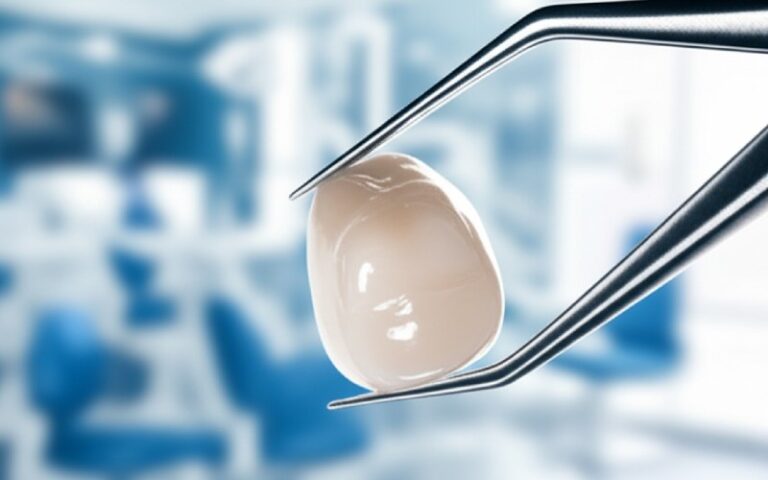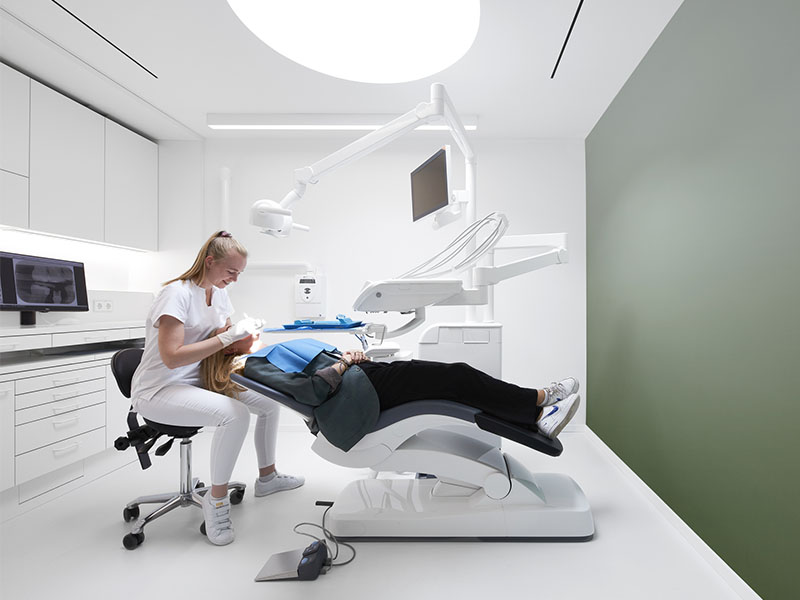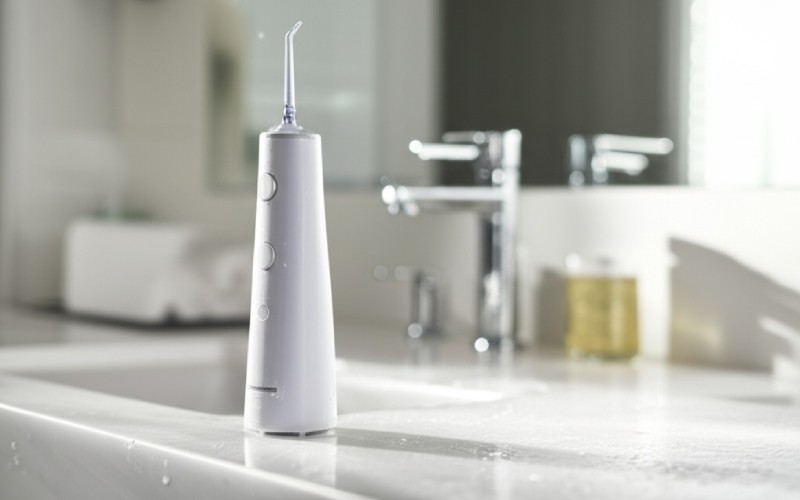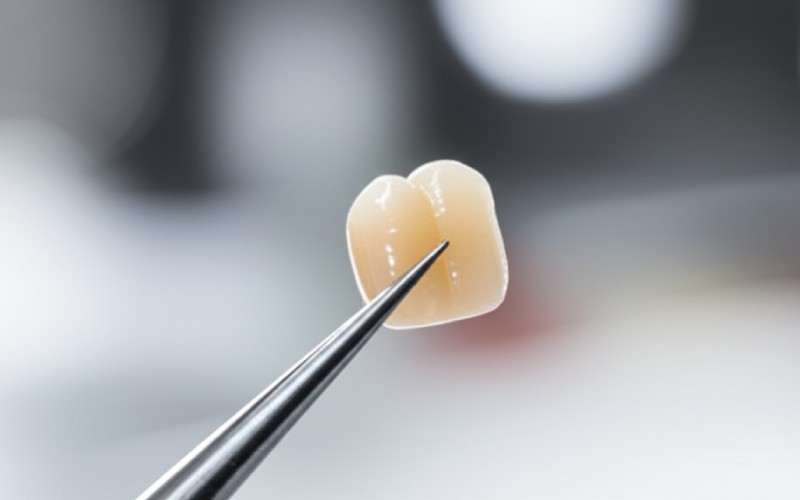
Does Medicare Cover Dental? Your Complete Guide to Medicare and Dental Coverage
Many folks believe that when they enroll in Medicare, all their health needs are taken care of. But they are surprised to find out that this is not always true for their teeth. This can lead to big, unexpected bills for dental service.
In this guide, we will look at what Original Medicare does and does not cover. We will explore the important exceptions. And I’ll show you how you can get the dental coverage you need through other plans. This article will help you understand the types of dental services you can get and save you from future headaches and high dental costs.
Table of Contents
What Is Original Medicare and Does It Cover Routine Dental Care?
When people first get Medicare, they usually have what we call Original Medicare. This is the government-run health plan. It has two main parts: Part A and Part B. Part A is your hospital insurance. It helps pay for care you get when you are in a hospital. Part B helps pay for doctor visits and other outpatient medical services. It’s simple to remember: Part A for hospitals, Part B for doctors.
Now, for the big question: does Original Medicare cover dental? The short answer is no. Original Medicare doesn’t cover most dental care. This means it will not pay for things that are part of routine dental care. This includes check-ups, cleanings, fillings, or getting dentures. Many people get a bill for a simple cleaning and be shocked that they have to pay for it all themselves. Medicare does not cover these routine and other dental services.
This is a big gap in Medicare coverage. Good dental care is very important for your overall health. But under the rules for Original Medicare, a dental service is not seen as a medical service in most cases. This is why you need to know about your other options. You can’t rely on Part A and Part B for your routine dental needs. Original Medicare doesn’t cover services you get just for the health of your teeth.
Are There Any Exceptions? When Might Medicare Cover a Dental Service?
Yes, there are some important exceptions. This is where it gets a little tricky, so let me explain. Medicare may cover a dental service if it is a necessary part of another covered medical service. Think of it this way: the dental service must be needed to make sure a medical procedure is safe and successful. It’s not about your teeth; it’s about protecting your overall health during a major treatment.
For example, imagine you need a major heart valve replacement surgery. Your doctor might need you to have a dental or oral examination before the surgery. They need to check for any infection in your mouth. An infection could travel to your heart and cause big problems. In this case, Medicare may cover the exam and even some treatment to eliminate an oral or dental infection prior to the surgery. The key is that the dental service is required for the covered medical services to work.
These are called medically necessary dental services. Medicare may pay for a dental service to get you ready for organ transplants. It might also cover services prior to some cancer treatments like radiation. These are not routine dental services. They are specific diagnostic and treatment services that are critical for your health. So, while Medicare doesn’t cover routine dental, it may cover a dental service when it is linked to a larger medical need.
What About the New Changes to Medicare Coverage of Dental Services?
Recently, there have been some important changes to Medicare. The government knows that dental health is vital. The new Medicare Physician Fee Schedule Final Rule expanded the coverage of medically necessary dental services. This is good news for many people. It means that Medicare can pay for more dental procedures when they are linked to other covered medical treatments. This is a big step for Medicare and dental care.
These changes mean that services to eliminate an oral or dental infection prior to more procedures are now covered. For example, Medicare may now cover certain dental services you need before you start dialysis. The rule adds coverage for dental exams and necessary treatment services to eliminate an infection before you start Medicare-covered dialysis services. This helps make sure patients are healthy enough to receive the treatment safely.
Medical and dental professionals must coordinate care for these services. Your doctor and dentist must agree that the dental service is needed for your medical treatment. This change helps bridge the gap between medical and dental care. It makes the coverage of medically necessary dental services clearer. So, if you have a serious medical condition, it is worth asking your doctor if any dental services could be covered by Medicare as part of your treatment.

How Are Dental Services Covered by Medicare in a Hospital?
This question brings us to Medicare Part A, your hospital insurance. As I mentioned, Part A helps pay for inpatient hospital services. In very limited cases, Part A may cover a dental service if you are in the hospital. For this to happen, you usually need to have an emergency or a complex dental procedure that requires a hospital stay.
Let’s say you have an accident that badly injures your jaw. You need surgery in a hospital to fix it. In this situation, Medicare Part A may cover the cost of your hospital stay and the dental service related to the surgery. Or, if you have a disease that involves your jaw, any dental procedures done in the hospital as part of the treatment might be covered.
But it’s important to know that Part A will not pay for the dental service itself if it could have been done in a dentist’s office. The need for a hospital stay is key. Even if the dental service is covered, Medicare does not cover any follow-up dental care you might need after you leave the hospital. You will have to pay for any follow-up dental work on your own.
Does Medicare Part B Cover Any Dental Care Services?
Medicare Part B is your medical insurance for outpatient care. Like Part A, Part B does not cover routine dental services. However, Part B might help in a few specific situations. For example, if you get a jaw injury from an accident and a doctor treats it in their office, Part B may cover the medical part of that care.
Part B may also cover a dental exam that is required before a major medical procedure, like a kidney transplant. The exam is seen as part of the preparation for the transplant, not as a routine dental check-up. This is similar to the exceptions we talked about earlier. The goal is to make sure a dental issue won’t put your larger medical treatment at risk. These diagnostic and treatment services are very specific.
In very rare cases, Part B may cover diagnostic and treatment services for diseases of the jaw. But for almost everything else related to your teeth and gums, you cannot count on Part B. Cleanings, fillings, crowns, and bridges are not covered under Medicare Part B. So, for your day-to-day dental care services, you will need another source of coverage for dental services.
What Is Medicare Part C and How Does It Cover Dental Services?
This is where things get much better for dental care. Medicare Part C is also known as Medicare Advantage. Medicare Advantage plans are offered by private insurance companies that are approved by Medicare. These plans must cover everything that Original Medicare (Part A and Part B) covers. But the great thing is, they can offer extra benefits. This is where you can find good dental coverage.
A Medicare Advantage plan bundles your health coverage into one plan. Many of these plans include prescription drug coverage, and also dental and vision benefits. This is a huge reason why people choose a Medicare Advantage plan. Instead of having just medical coverage, you can get coverage for dental services, too. This makes a Medicare Advantage plan a very popular choice.
When you join a Medicare Advantage plan, you are still in Medicare. You just get your benefits from a private company instead of the government. This allows the company to offer dental coverage as part of the package. It’s a simple way to get medical and dental care all in one place. Look into a Medicare Advantage plan if they are worried about dental costs.
What Types of Dental Services Do Medicare Advantage Plans Cover?
This is a great question because the answer is: it depends! Since Medicare Advantage plans are sold by private companies, the coverage varies by plan. This is very important to remember. Not all Medicare Advantage plans are the same. Some offer basic coverage for preventive dental care, while others offer more comprehensive coverage.
Most Medicare Advantage plans cover routine dental services. This can include yearly exams, cleanings, and X-rays. This is the kind of coverage for routine dental services that Original Medicare doesn’t offer. Many plans also help pay for other services like fillings, extractions, and root canals. Some of the best plans may even offer some coverage for major work like crowns, bridges, and dentures. Medicare Advantage plans may cover these services.
You need to check the details of each Medicare Advantage plan you are considering. Look at the plan’s summary of benefits. It will tell you exactly what dental service is covered and how much you will have to pay. Some plans have a yearly limit on how much they will pay for dental services. Others may require you to use dentists in their network.
How Do I Find a Medicare Advantage Plan with the Right Coverage for Dental?
Finding the right Medicare Advantage plan takes a little bit of homework, but it’s worth it. The first step is to see which plans are available in your area. You can use the official Medicare website to search for plans by your zip code. This will give you a list of all the Medicare Advantage plans you can join.
Once you have a list, you can start comparing them. Look specifically for the “Dental” section in the plan details. Ask yourself these questions: Does the plan cover routine dental care? Does it cover more complex dental procedures? Is there a yearly dollar limit on the dental coverage? Do I have to use certain dental professionals? Answering these will help you narrow down your choices.
Don’t be afraid to call the insurance company directly if you have questions. Ask them to explain their coverage for dental care. A good Medicare Advantage plan can be a great way to get the dental service you need without breaking the bank. Taking the time to compare plans will help you find the best fit for your health and your budget.
Does Medicare Supplement Insurance Help with Dental Costs?
Medicare Supplement Insurance is also called Medigap. These plans are sold by private companies and can help pay for some of your out-of-pocket costs from Original Medicare, like deductibles and coinsurance. However, it’s important to understand what Medigap does and does not do.
Medigap plans only help pay for services that are covered by Original Medicare in the first place. Since Original Medicare does not cover most dental care, a Medigap plan will not pay for it either. If Medicare doesn’t cover a dental service, your Medigap plan won’t cover it. It’s as simple as that.
So, if you are looking for help paying for cleanings, fillings, or dentures, a Medicare Supplement Insurance plan is not the answer. Some insurance companies that sell Medigap might also sell a separate, standalone dental insurance plan. You could buy one of these, but it would be a completely different policy from your Medigap plan.

How Can I Pay for Dental Services Not Covered by Medicare?
If you have Original Medicare and no other dental coverage, you will have to pay for dental services yourself. But you do have options to get help with these costs. As we’ve discussed, the most popular option is to join a Medicare Advantage (Part C) plan that includes a dental benefit. These plans offer a great way to get the dental coverage you need.
Another option is to buy a standalone dental insurance plan. Many private insurance companies offer these plans. They work just like any other insurance. You pay a monthly premium, and the plan helps pay for your dental care. The coverage can range from basic preventive care to more major services. You will need to compare plans to find one that fits your needs.
Finally, some dental offices offer their own in-house savings plans or payment options. You might pay a yearly fee to get a discount on services. You can also look for community dental clinics or dental schools in your area, which often provide care at a lower cost. Don’t be afraid to ask your dentist’s office about ways to make your dental care more affordable.
Things to Remember
- Original Medicare (Part A and Part B) does not cover most dental care. It won’t pay for routine services like cleanings, fillings, or dentures.
- Medicare may cover a dental service only if it is medically necessary for another covered procedure, like an organ transplant or heart surgery.
- Medicare Advantage (Part C) plans are your best option for getting dental coverage through Medicare. Most of these private plans offer dental benefits.
- Coverage varies by plan. When choosing a Medicare Advantage plan, always check the details of its dental coverage, including what services are covered and any yearly limits.
- Medicare Supplement (Medigap) plans do not cover dental services because they only supplement what Original Medicare covers.


